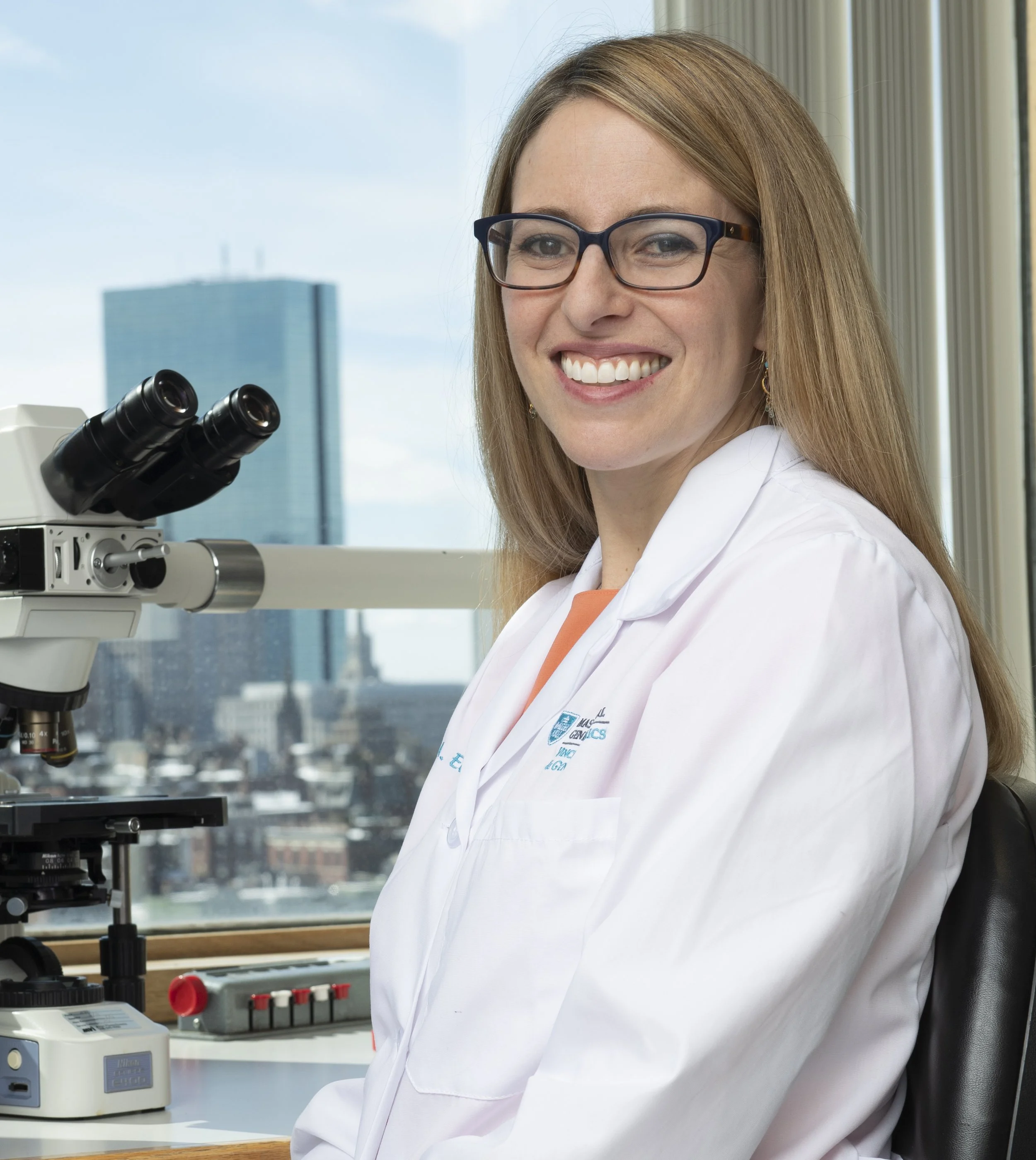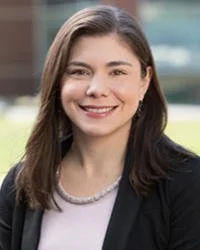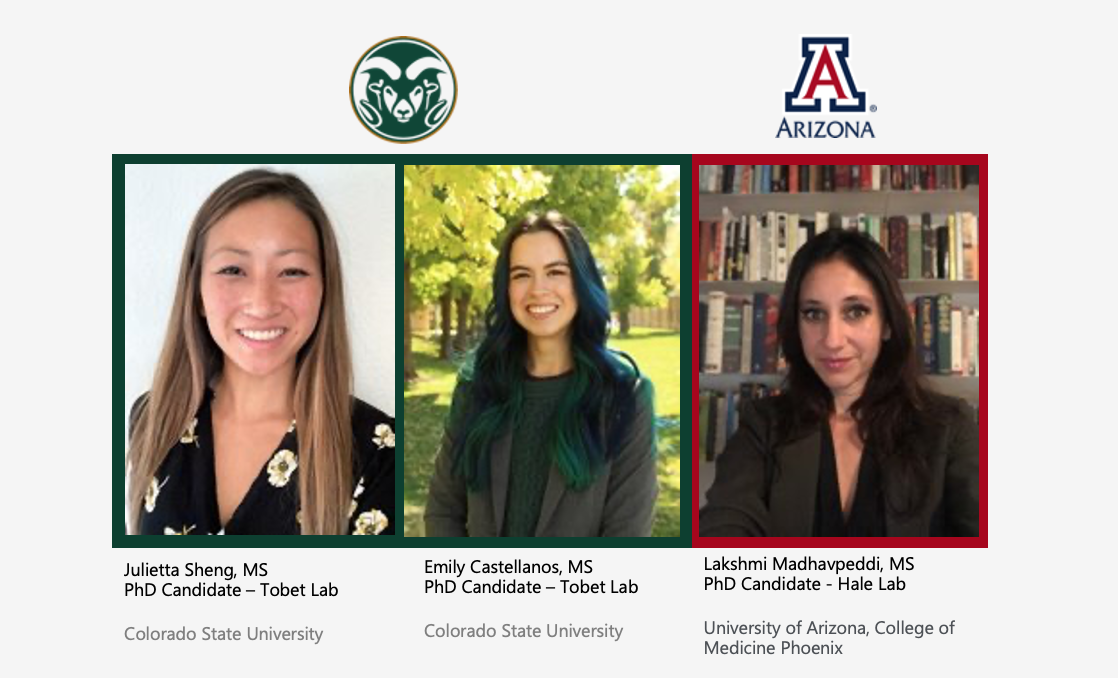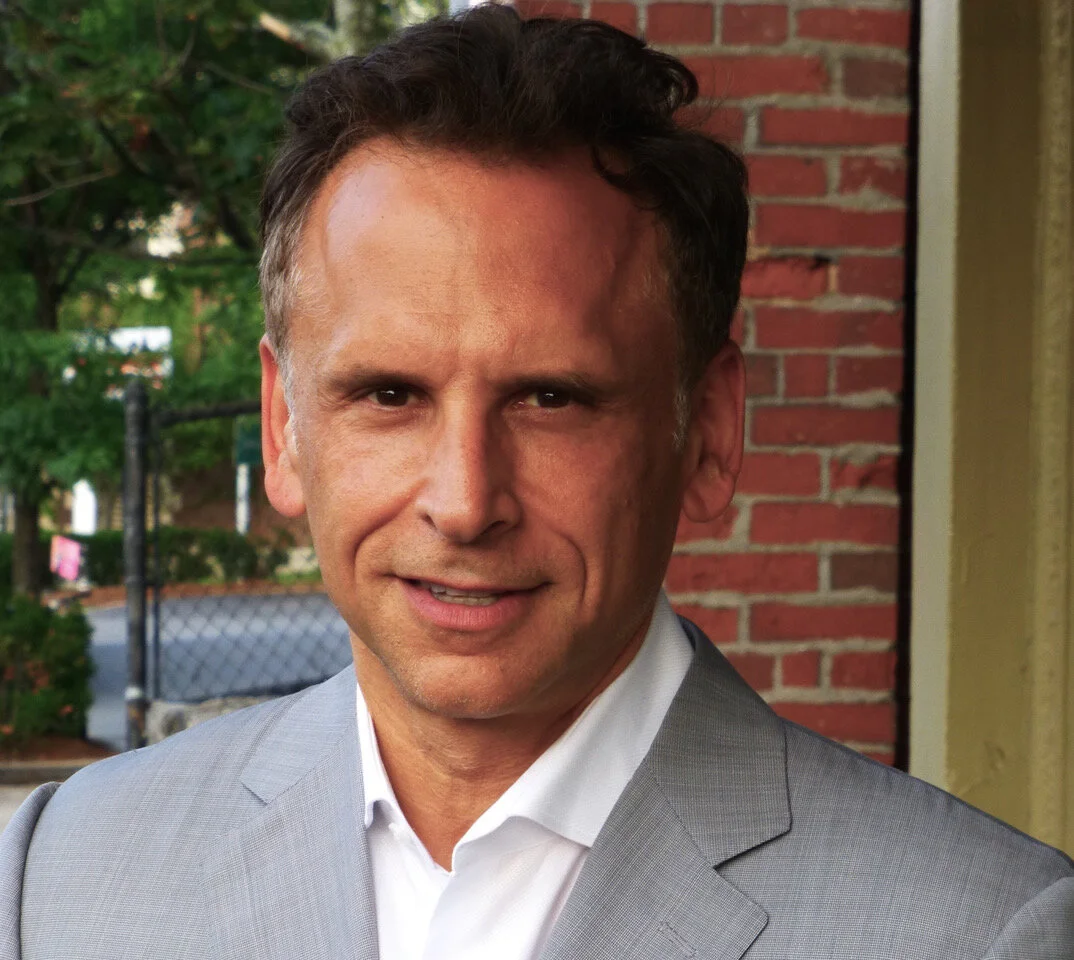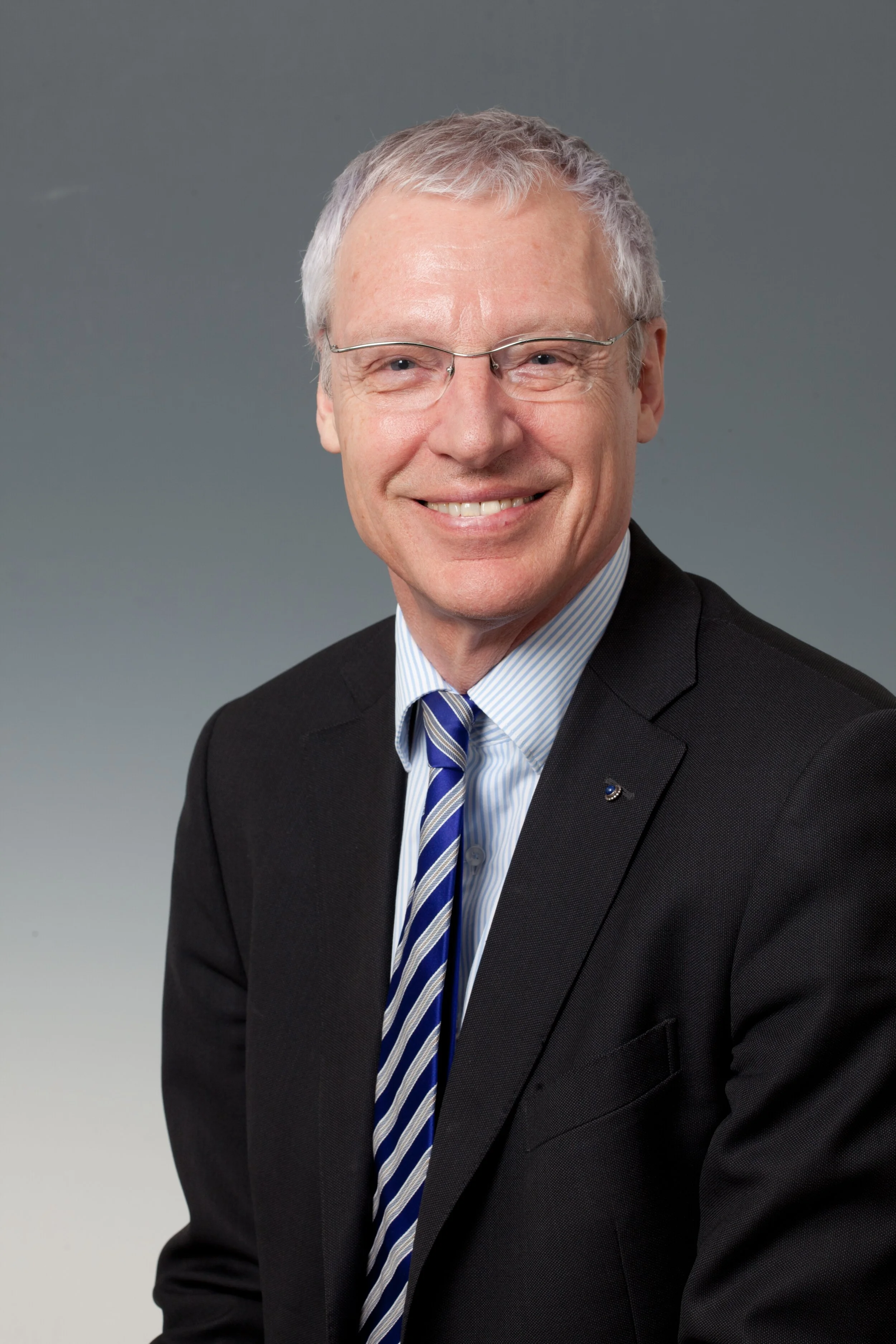Overall Focus
The Career Enhancement Core (CEC) will contribute to training the next generation of scientists and clinician-scientists as leaders in the fields of women’s health and sex differences in medicine. They will be empowered to contribute to understanding sex-dependent vulnerabilities to mood and anxiety disorders and associated cardiometabolic diseases. To enhance the careers of SCORE trainees, the CEC will specifically (1) integrate levels of training and thought about etiologic mechanisms at basic and clinical levels for sex differences and for gender and health disparities at the policy level, (2) mentor trainees from a team perspective that exposes them to different levels of analysis from mentors with complementary expertise, (3) provide access to material and faculty resources that will enhance the success of the candidates, and (4) provide seed funding to supplement work with preclinical studies that will ultimately translate to human studies.
Andrea Edlow, M.D., m.sc. (educational coordinator)
Dr. Andrea Edlow is an Assistant Professor of Obstetrics, Gynecology and Reproductive Biology at Harvard Medical School and a Maternal-Fetal Medicine specialist at Massachusetts General Hospital. The Edlow Laboratory focuses on the effects of maternal obesity on fetal brain development and offspring behavior, and how these effects are modified by fetal sex.
EVAN Bordt, Ph.d (CEC Scholar)
Evan received his Ph.D. from the University of Maryland School of Medicine in the lab of Dr Brian Polster. He then performed his postdoctoral studies in Dr Staci Bilbo’s lab at Massachusetts General Hospital. The Bordt lab opened in the fall of 2021 in the Lurie Center for Autism at the Massachusetts General Hospital.
Antonia Seligowski., ph.d. (cec scholar)
Using translational methods such as fear-potentiated startle and electroencephalography, Dr. Seligowski’s research is focused on examining physiological and neurophysiological mechanisms of PTSD. Her research also aims to identify how these mechanisms are involved in cardiovascular disease risk in PTSD, and how they are influenced by gonadal hormones.
Specific Aims
Aim 1
Educate the next generation to understand the impact of sex and gender on physiology, pathology, behavior and clinical outcomes with respect to mood and physiology. We will integrate levels of thought about etiologic mechanisms at the clinical and basic levels and, for gender and health disparities, at the policy level.
Aim 2
Implement a mentoring team that exposes trainees to these different levels of analysis, including how the biology of sex (hormones, genes, immune, etc.) in predicting morbidity are impacted by social/environmental factors that may modify sex differences in population patterns of MDD and related health outcomes.
Aim 3
Provide access to resources (material and faculty) that will enhance the success of the initial group of candidates. We view the CEC infrastructure as providing a model that will be generalized to others in the future, playing a convening/integrative role in training the next generation across fields, methodologies and institutions. We are also committed to training a diverse biomedical workforce, as exemplified by the first set of participants and investigators included in this SCORE.
Aim 4
Provide seed funding to supplement work with the preclinical studies and ultimately translate to the human studies.
CEC Education Seminar launched in 2021!
For education, networking and collaboration, an educational seminar on sex differences in the brain and heart was launched for CEC scholars and other junior faculty and postdoctoral fellows at MGH, HSPH, CSU and University of Arizona who are working on these themes. Didactic presentations on the history of sex differences in brain and heart are given, key articles, and participants' work are discussed. Outside speakers will also be included.
Our CSU & University of Arizona CEC Scholars
Also part of the CEC, as CEC Scholars, Julietta Sheng, PhD (CSU), Emily Castellanos, PhD Student (CSU Diversity Supplement recipient) and Mina Roueinfar, PhD Student, are working with Dr Stuart Tobet within the Department of Biomedical Sciences in Colorado.
Lakshmi Madhavpeddi, PhD, Sebastiao Donato Silva Junior, PhD and Monique Martinez, PhD Student (AZ Diversity Supplement Recipient) work with Dr Taben Hale at the University of Arizona, College of Medicine - Phoenix
Their research and pilot-projects strengthen our U54 SCORE.

